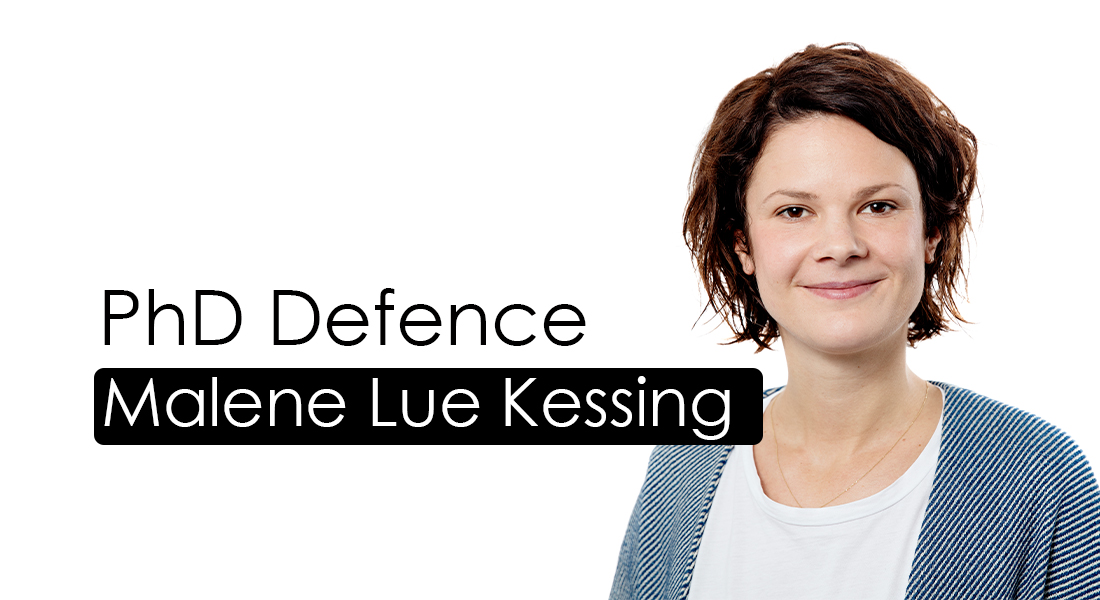Malene Lue Kessing defends her PhD Thesis at the Department of Sociology

Candidate
Malene Lue Kessing, Department of Sociology, University of Copenhagen
Title
Illness experiences as a professional tool
An investigation of peer workers in mental health services
Assessment Committee
- Associate professor Janus Hansen, Department of Sociology, University of Copenhagen (chair)
- Professor Graham Martin, University of Cambridge, UK
- Professor Tone Alm Andreasen, OsloMet, Norway
Host
Head of the PhD Programme Bente Halkier
Time and place
28 March 2022, 1:00 PM
University of Copenhagen, Faculty of Social Sciences
Øster Farimagsgade 5, 1353 Copenhagen K, CSS 25.01.53
The Department of Sociology will host a reception after the defence in room 16.1.62 at approx. 4 pm.
Prior to the defence, a paper copy of the dissertation is available for reading at the Department of Sociology, room 16.1.23.
Summary
This dissertation examines the inclusion of lived experiences in mental healthcare services through a comprehensive qualitative study of the employment of peer workers. Peer workers are former patients who are now employed to use their lived experiences of mental illness to support patients and strengthen a recovery-oriented approach among healthcare professionals. Empirically, the dissertation draws on 1) field notes from ethnographic fieldwork at two psychiatric hospital wards, where peer workers were employed, 2) interviews with peer workers, healthcare professionals and patients and 3) audio-recordings of real-life peer work consultations. Theoretically, it employs a variety of perspectives, including theories related to experiential knowledge, collective identification, boundary work and othering.
The dissertation makes three overall contributions. First, it demonstrates that the position of peer workers is filled with complexities. While peer workers are welcomed, valued and perceived as important contributors to recovery-oriented mental healthcare, their position is simultaneously questioned, considered unclear and seen as something that needs to be handled with care. Second, it contributes new insights to the ways in which experiential knowledge is used by not only peer workers, but also healthcare professionals and patients to establish collective ties to one another. Third, it brings new perspectives to our understanding of the boundaries between experiential knowledge and other forms of knowledge, demonstrating that such boundaries are ever changing, negotiable and highly dependent on who draws the dividing line.
